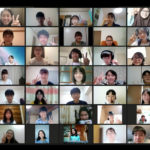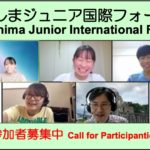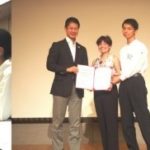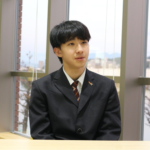“The 7th Hiroshima Junior International Forum (Online)”
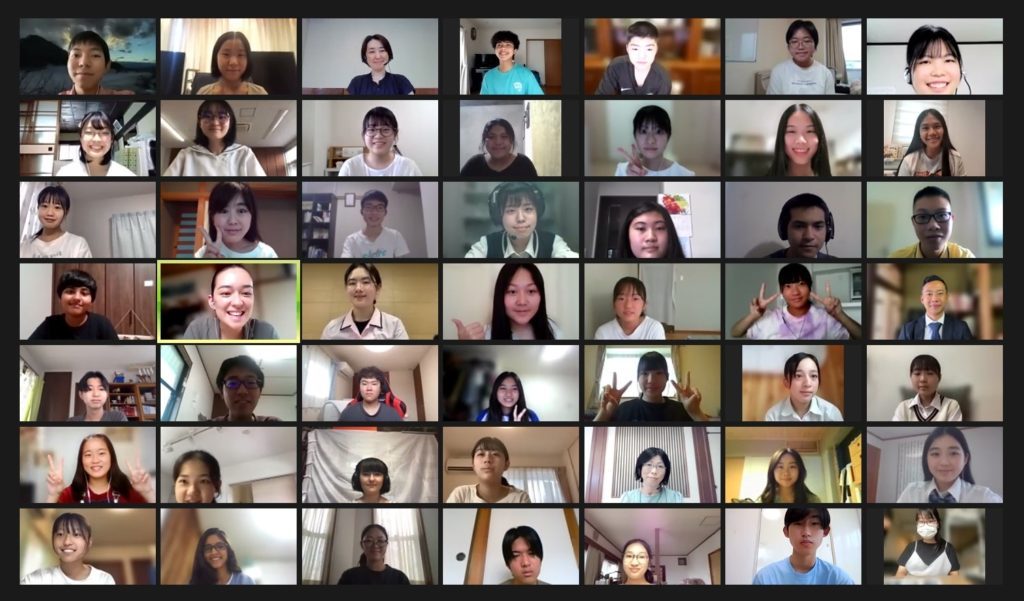
Outcome of the Forum
Hiroshima Prefectural Government has invited foreign high school students and Japanese high school students to discuss about global peace, share ideas, deepen mutual understanding, and spread a message of peace around the world in order to bring about a world without nuclear weapons.
Hiroshima Junior International Forum Declaration
There were 10 groups for the discussions, and each of them created the declaration.
Please refer to their leading opinions, as below:
Below are the main opinions from the declarations each of the 10 groups created.
(1) Abolition of Nuclear Weapons
1 Challenges for Abolition of Nuclear Weapons
・Due to the lack of wide range global awareness, there are many people around the world who do not know about the negative impacts that nuclear weapons have had on the environment and people’s lives.
・Many people around the world are unaware about the current global threat that they are facing.
・Even the Japanese citizens themselves are unaware about the current issues with reference to the risk of the usage of nuclear weapons around the world since they believe they live in a safe environment.
・The insecurity of the country leaders about the safety of their country and their sheer dependence on nuclear deterrence. This is itself the reason that a lot of them have yet not signed the TPNW treaty, which eventually heightens the risk of nuclear war.
・Distrust between countries causes countries with nuclear weapons to hold on to them to protect themselves and not let go of them easily.
・Some terrorists might try to obtain nuclear weapons and that combined with the fact that some nuclear materials are not as well protected as they should be, increases the risk of nuclear terrorism.
・By having more nuclear weapons than other countries, countries with nuclear weapons believe they can deter other countries from launching nuclear weapon attacks.
2 Our Role in Nuclear Weapons Abolition
・Urge everyone to sign a petition to abolish nuclear weapons.
・Share information about nuclear weapons and tell stories of Hiroshima while we create global friendships by using global tools such as social media.
・Share what we learned from this forum with friends, family and those around us.
・Continue the roles of the dwindling “Hibakusha”(peoples who were attacked by the atomic bomb)
organizations because their aging makes it difficult for them to continue their organizations.
・Share our opinions and information about the awareness of nuclear weapons through art/literature.
・Using social media to convey the horrors and long-lasting effects of atomic bombings and show
people how foolish it is to retain nuclear weapons.
・Creating or joining nongovernmental organizations that advocate the abolition of nuclear weapons to
spread awareness on the dangers of nuclear weapons.
3 The role of Hiroshima for Abolition of Nuclear Weapons
・Share the testimonies of Hibakusha or the A-bomb survivors in different languages worldwide so
that more people can realize the seriousness of the issue.
・Share know-how of peace education to other prefectures in Japan and other countries.
・Create more opportunities for discussion like this International Junior Forum, which helps to have a
deep understanding of the atomic bomb and peace and to share values with people from different
backgrounds.
・Conserve testimonies from the “hibakusha”, preserve buildings and memorials that show the effects
of nuclear weapons, and keep the Hiroshima Memorial Peace Park open to the public.
・Become the base for the abolition of nuclear weapons efforts by playing an active role in the G7
summit to spread the horror of the atomic bomb.
・Engage more in spreading information and appealing the long-term health impacts of atomic bomb
survivors with scientific evidence.
・Become a pioneer in making the public awareness of the abolition of nuclear weapons by collaborating with organizations such as ICAN.
(2) Peacebuilding
1 Challenges for Peacebuilding
・Lack the idea that realizing peace is every human being’s duty.
・Invisible violence and physical violence itself like civil wars happening all over the world result in exploitation and estrangement.
・A lot of countries have insufficient resources which makes their people vulnerable to taking violent
measures to satisfy their needs.
・A few country leaders are prioritizing military advancement above the societal needs of their people.
・Some people are not interested in or do not care about economic disparities or inequalities.
・Work together with people from different cultures.
・Some countries are prioritizing their sovereignty on a military, economic, and political level.
2 Our Role in Peacebuilding
・Hold forums in order to talk and interact with many people who have different backgrounds to understand each other and avoid misunderstanding.
・Learn and spread information about hunger, poverty and conflict through social media.
・Donate money or clothes that are no longer used to people in need.
・Start being open-minded [accepting different cultures, behaviors, thinking patterns and lifestyles and not judging and discriminating people based on these] and nudge others towards it too.
・Conduct events where people from various sectors like politicians, researchers, war survivors and school teachers can come together and discuss peacebuilding and sustainability.
・Attract more young people’s interest via the power of influencers who have the power to persuade people to become interested in social issues.
・Inherit the negative impacts of historical events and to engage youth in peace activities through disseminating information on world affairs using various social media platforms.
3 Hiroshima’s Role in Peacebuilding
・Make full use of its experience in rebuilding the city after the bombing and provide assistance to these conflict affected cities.
・Conduct exchange programs that teach peacebuilding measures and conflict resolution amongst many developing countries all over the world.
・Create opportunities to learn about peace from Hiroshima in events like the Hiroshima Junior International Forum.
・Interweave peace with modern pop culture and entertainment to appeal to global audiences.
・Have more international interactions and work towards peace.
・Share Hiroshima’s past experiences with the rest of the world by using social media or websites even if they cannot actually come to Hiroshima.
・Hold events about peacebuilding for all generations. Inviting influencers is an effective way to attract more people.
・Hold more fund-raising campaigns to donate money to the medical care and education sectors.
・By having such opportunities as to send the Hiroshima Declaration to the world, think about peace on a regular basis and disseminate it to the world.
Hiroshima Declaration by A Group
Hiroshima Declaration by B Group
Hiroshima Declaration by C Group
Hiroshima Declaration by D Group
Hiroshima Declaration by E Group
Hiroshima Declaration by F Group
Hiroshima Declaration by G Group
Hiroshima Declaration by H Group
Hiroshima Declaration by I Group
Hiroshima Declaration by J Group
Action Plans by the participants
Each participant described what they would do after coming back to their home countries as Action Plans. Please see attached file. (To be uploaded)
SNS
https://www.facebook.com/hjif2016
・YouTube video delivery
Report of the 7th Hiroshima Junior International Forum
https://youtu.be/PG5-FOI3KtA
Outline
(1) Hosted by: Hiroshima Prefectural Government
(2) Date: (Tuesday) August 16 through (Saturday) August 20, 2022
(3) Date: (Tuesday) August 17 through (Friday) August 20, 2021
(4) Method: Web Online System (Zoom)
(5) Theme: What we can do to bring about international peace?
(Initiatives for the abolition of nuclear weapons, reconstruction and peacebuilding)
(6) Participants 57 people
| Category | Number of Participants | Countries (Regions) |
| Foreign high school students | 17 people (12 countries) | Friendly Partnership State/Province Sichuan(China) 1, and Guanajuato(Mexico) 1 Other than above China3, India 2, Indonesia 2, Laos1, Malaysia1, Mexico1, Myanmar 1, Philippines 3, South Korea 1, Sri Lanka1, USA1 and Vietnam 1 |
| Japanese High school students etc | 40 people (Hiroshima 33, outside Hiroshima 7) |
(7) Schedule (tentative):
| Date | Time (JST) | Program Details |
| August 16 (Tue) |
12:00-17:00 | Orientation Teambuilding workshop Hiroshima Peace Park Online Tour Lecture on Reconstruction & Peacebuilding |
| August 17 (Wed) |
12:00-17:00 | Lecture and Group discussion on Abolition of Nuclear Weapons |
| August 18 (Thu) |
12:00-16:30 | Lecture and Group discussion on Reconstruction & Peacebuilding |
| August 19 (Fri) |
12:00-15:45 | Draft Hiroshima Declaration |
| August 20 (Sat) |
12:00-16:20 | Present Hiroshima Declaration |
*JST: Japan Standard Time
Photos
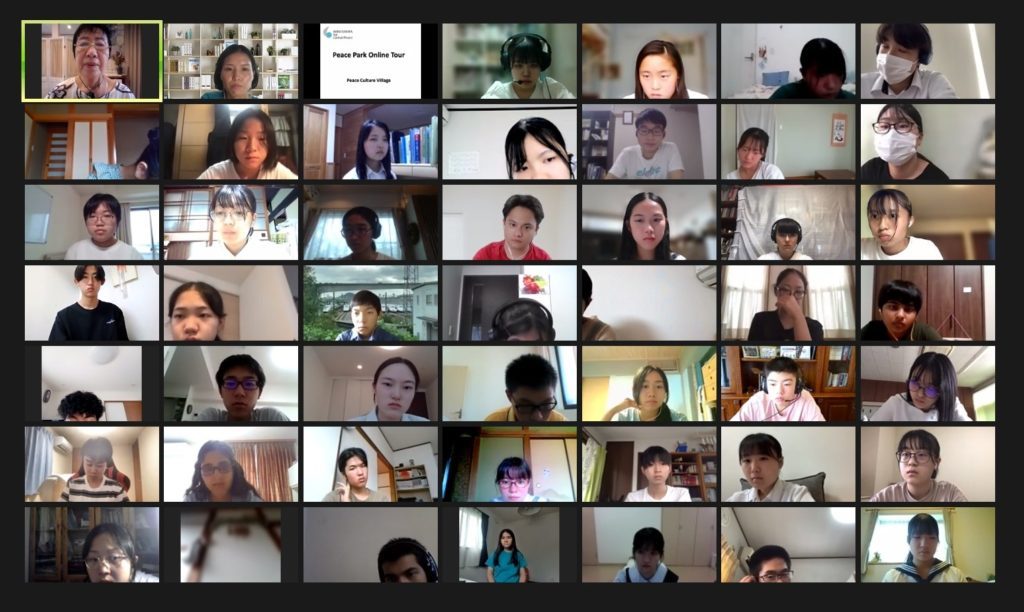
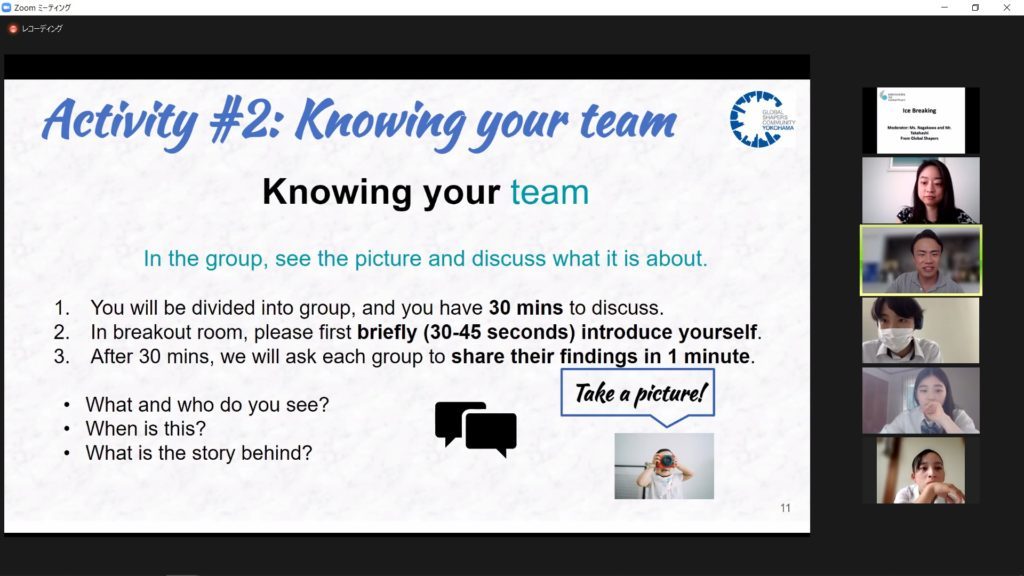
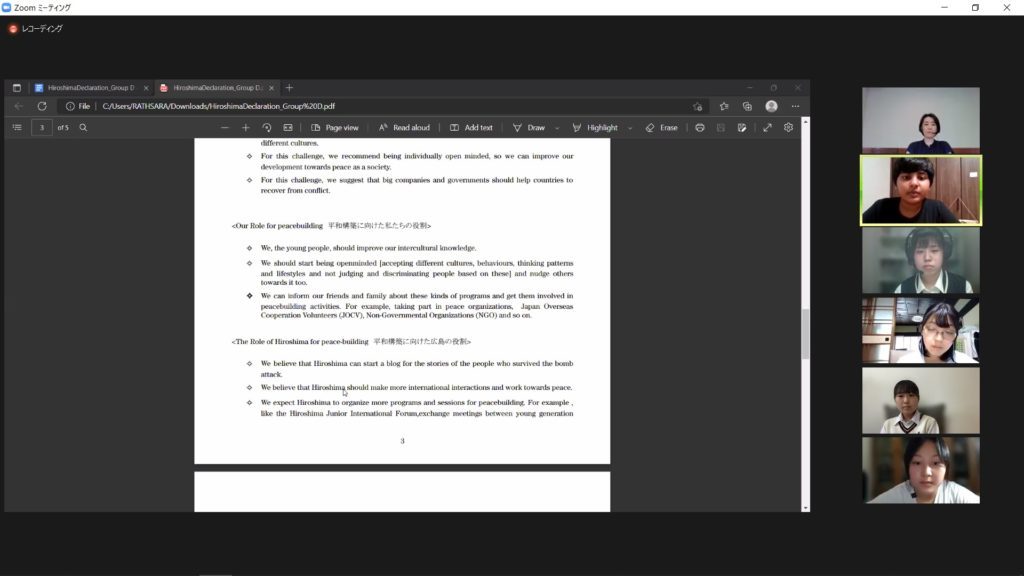
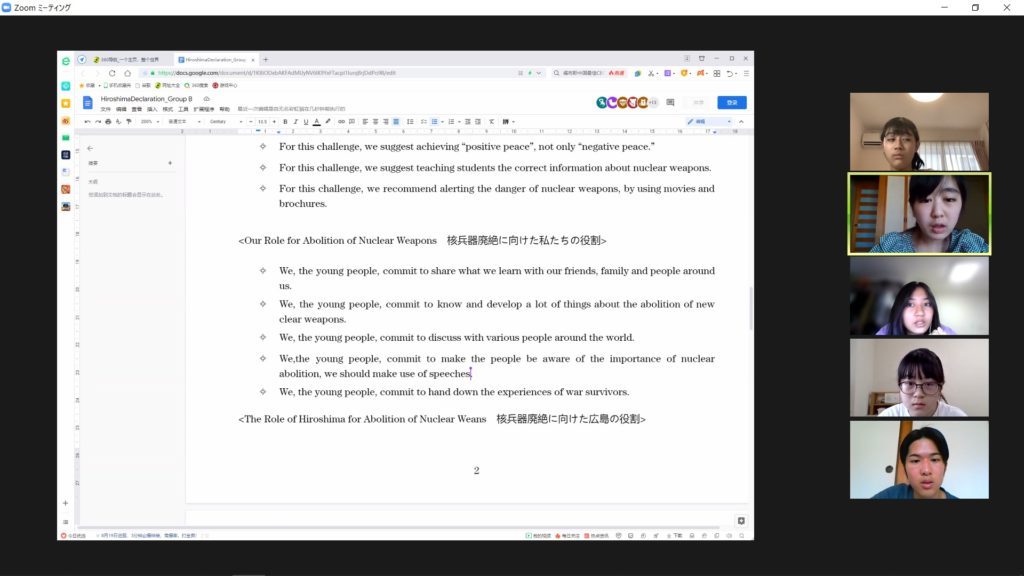
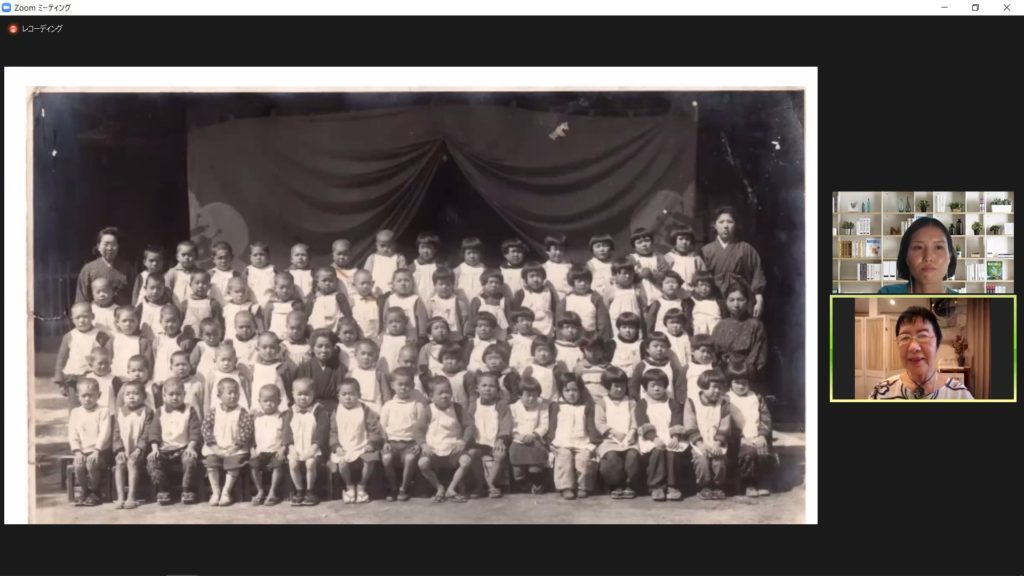
Tags associated with this article



